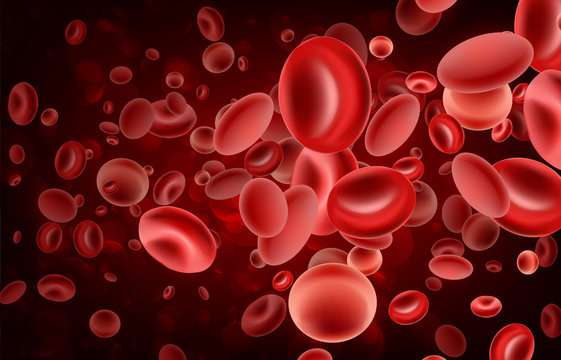The Value of Platelets
It’s important to comprehend the significance of platelets before attempting any tactics to increase your level. Little cell fragments called platelets, sometimes referred to as thrombocytes, are essential for blood coagulation. They rush to the wound site to form clots in order to stop the bleeding. Thrombocytopenia, or low platelet counts, can cause excessive bleeding as well as other health problems.
Reasons Behind Low Platelet Count
A lower platelet count can be caused by a number of things.Typical reasons consist of:
Medical Conditions: Viral infections, aplastic anemia, and leukemia are a few illnesses that can cause a decrease in platelets.
Medication: Some medications, such as those used in chemotherapy, have the ability to inhibit the platelet-producing process.
Immunothrombocytopenic purpura (ITP) is one example of an autoimmune disorder where the immune system attacks platelets.
Low platelet counts can result from nutritional deficiencies, such as an inadequate consumption of vital nutrients like vitamin B12 and folate.
Include Platelet-Boosting Diets
Improving platelet counts requires a balanced diet. Include these items in your meals:
Papaya: Packed with antioxidants and vitamin C, papaya has the potential to boost platelet synthesis.
Greens that are high in vitamins and minerals include spinach, kale, and other leafy vegetables.
Pomegranate: Because it contains a lot of iron, this fruit can help raise platelet counts.
Lean Proteins: Consume chicken, fish, and lean meats to help your body produce more platelets.
Drink plenty of water.
Remain Hydrated
Staying well hydrated is essential for preserving a healthy platelet count and blood flow. To maintain the proper consistency of your blood, you should consume eight glasses of water or more each day.
Control Your Stress
Prolonged stress might have a detrimental effect on your platelet count. Take up relaxation exercises like yoga, meditation, or deep breathing to boost platelet production and lower stress.
Changes in Lifestyle
Give Up Smoking: Smoking lowers platelet counts and damages the cardiovascular system. If you need help quitting, get it.
Limit Alcohol: Drinking too much alcohol might harm the liver, which can impact the generation of platelets. Drink only in moderation.
Frequent Exercise: To encourage healthy blood circulation, partake in moderate exercise on a frequently.
Herbal Remedies
Certain herbs and supplements may help increase platelet count naturally, but consult with a healthcare professional before using them. These include ginseng, astragalus, and milk thistle.
FAQs
Q: Can I increase my platelet count with dietary changes alone?
A: While a balanced diet is crucial, it’s essential to address any underlying medical conditions that may be causing low platelet count. Consult a healthcare professional for a comprehensive approach.
Q: How long does it take to see an increase in platelet count?
A: The time it takes to see an increase in platelet count can vary from person to person. It depends on the cause of the low count and the effectiveness of the chosen remedies.
Q: Are there any specific foods to avoid if I have low platelet count?
A: Foods high in sugar, processed foods, and excessive alcohol should be limited, as they can negatively impact platelet count.
Q: Is there a natural way to prevent platelet count from dropping?
A: Maintaining a healthy lifestyle, including a balanced diet, staying hydrated, and managing stress, can help prevent platelet count from dropping.
Q: Are there any warning signs of a dangerously low platelet count?
A: Symptoms of a severely low platelet count include unexplained bruising, bleeding gums, and prolonged bleeding after minor injuries. Seek medical attention if you experience these symptoms.
Q: Can children follow these natural remedies to increase their platelet count?
A: It’s best to consult a pediatrician before implementing any remedies for children, as their needs and tolerances may differ.

